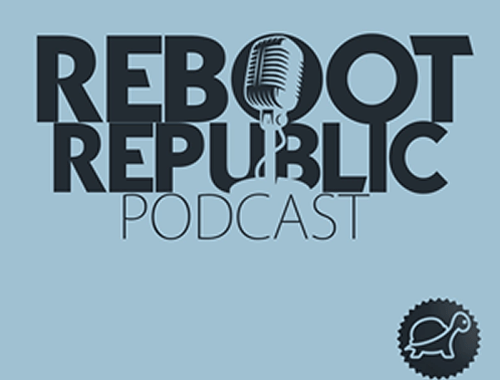There are at least 17,000 people including 6000 children (4000 homeless and 2000 in Direct Provision), in addition to Travellers in unsuitable and unsanitary accommodation in Ireland. Leilani Farha, the UN Special Rapporteur on the right to adequate housing, is deeply concerned with such housing situations as she says “housing has become the front-line defence against the coronavirus and home has rarely been more of a life or death situation.” What was already already declared an emergency by Taoiseach, Leo Varadkar, must now, in the face of the Covid-19 pandemic, see a mass mobilisation by the state to protect those who were already most affected by years of failures of housing policy.
It is welcome the banks are agreeing to a mortgage postponement, while the proposed moratorium on evictions and freeze in rents must be introduced this week. This must be implemented by landlords and enforced by local authorities. Rent supplement needs to made available to all renters in difficulty, but it is often insufficient to cover the rent. Landlords should therefore offer reduced and postponed rents, especially if they are the beneficiaries of Buy to Let payment breaks.
Detailed emergency measures are also needed for those who are homeless and in substandard housing. The COVID-19 virus is showing up the faultlines of failed housing policy. The 10,271 individuals and 3,574 children in emergency accommodation, along with the hundreds rough sleeping, and those in direct provision, are in a very vulnerable position. They are living in a forced, institutionalised, co-living situations, with multiple individuals in hostel-type rooms, or dozens of families sharing kitchen and living facilities in Hubs, Hotels and B&Bs.
As one Traveller activist explained on Twitter: “Social distancing is not possible for those in direct provision, the homeless, Travellers living in caravans/halting sites and those living in overcrowded housing. Covid-19 will affect the disadvantaged communities more than those who have the privilege to social distance”.
In this emergency situation, the state, in the interest of wider public health should ensure those in emergency accommodation have individual (rather than congregated meal times etc) access to food, proper sanitation, and cleaning facilities. They should be housed out of emergency accommodation immediately. Priority allocation within local authority housing is essential. Properties held vacant by banks and NAMA, along with the thousands of other vacant homes should be brought into use immediately. Air BnB properties now available to rent should be secured if necessary.
The detrimental impact on children in hotels and hubs of social isolation is a breach of the rights of the child and a derogation of the Government’s responsibility to protect these children under their Constitutional obligations. Children are spending weeks (which could be months) on end in a single room, with their parents and siblings. There is no space to walk around or self isolate. Social distancing is impossible.
There are also hundreds of thousands of people, particularly the elderly, living in a state of energy poverty where they cannot afford to heat their home sufficiently. As 300,000 people have lost their jobs they are also likely to be facing huge challenges paying these basic bills. France has suspended gas, water and electricity bills. The same could be done here. The fuel allowance should also be increased and extended in eligibility so as to ensure no one is cutting back on heating their home. This is even more important in the context of wanting people to self-isolate for extended periods of time.
COVID19 shows the wider impacts of the failure to provide a housing system that ensures everyone has an affordable, secure, quality home – a place that can contribute to our physical and mental health and economic security. If those losing their jobs were living in public affordable homes, there would be significantly less distress about rent and mortgage issues. People would at least have the support of an affordable and secure home.
In response to the last economic shock, the financial system was bailed out with unlimited resources, but paid for by austerity budgets, that cut back on public expenditure. Ireland built 5,300 social housing units in 2009 but just 400 in 2017. Austerity meant 40,000 social homes that would otherwise have been built were never provided. We cannot repeat the same mistakes. This time we need a fiscal stimulus for society. The social and affordable house building budget should be expanded to build public housing, providing employment for those laid off in the private house and office building sectors (and others unemployed). The private housing market is likely to plummet during this crisis with a resultant collapse in house building. The state must prepare for this now and step in.
The failure to address the housing crisis has made our societies even more vulnerable to infection and economic crises. Along with an adequately resourced public health system, a functioning housing system that ensures everyone has an affordable secure home plays a central role in dealing with the challenges presented by this emergency. Good housing policy is good health policy.
Dr. Rory Hearne
Lecturer in Social Policy
Department of Applied Social Studies
Maynooth University

